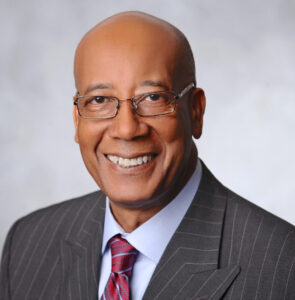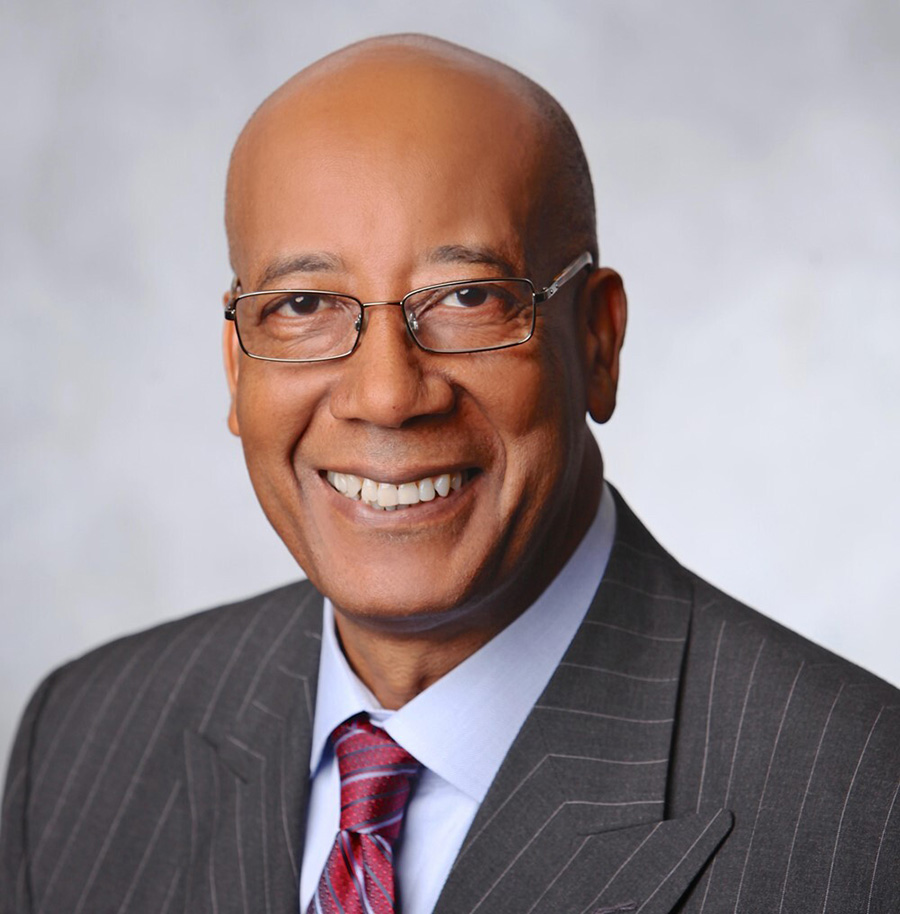 Research indicates that Black women highly endorse the Strong Black Woman (SBW) persona: A perception that Black women are naturally strong, resilient, self-contained, and self-sacrificing.
Research indicates that Black women highly endorse the Strong Black Woman (SBW) persona: A perception that Black women are naturally strong, resilient, self-contained, and self-sacrificing.
The SBW is perceived as able to handle with ease all the stress, upset, and trauma life throws her way. Her strength is shown in her independence, self-control, and work ethic.1 She is self-reliant and emotionally contained.2 She does not need emotional or financial support to succeed or to take care of her (and others’) responsibilities.3 She works tirelessly and without complaint, always doing more even if what is asked seems impossible.
But evidence suggests that the degree to which a Black woman identifies as a Strong Black Woman can limit her ability to cope well emotionally, generating adverse mental health outcomes related to stress, anxiety, and depression.
Taking a toll on Black women’s mental well-being
Black women face unique stresses poorly understood in treatment circles. Black adults in general (and Black women in particular) are more likely than white women to report feeling sad and hopeless some of the time.
The detrimental impact of racism on African American women’s mental, emotional, and physical health throughout their lifespan is well documented.4 And Black women diagnosed with postpartum depression are less likely to accept medication recommendations and therapy.5
Barriers to mental health care
Regardless of race or sex, many seeking mental healthcare struggle to find help and actually receive it.
The high cost of mental health care is often an obstacle. Despite the Affordable Care act, approximately 8 percent of all US citizens do not have insurance.6 But approximately 12 percent of all African Americans are uninsured. Even those with health insurance often don’t have mental health services covered or have expensive co-pays or deductibles.
Many people do not know where to begin looking for a therapist who will fit their needs. Also, they may not know the questions to ask when meeting a therapist for the first time to see if they are the right fit.
Furthermore, other unique emotional, behavioral, and financial barriers stand between Black women and access to care.
-
- Familial shame. Family members can be dismissive of mental health needs. “It’s just a mood” and “Snap out of it,” are typical responses. These attitudes can be passed from generation to generation.
- Cultural stigma. The familial shame often stems from a broader cultural stigma surrounding mental health in the Black community. Going to therapy is viewed as a sign of weakness and something to be ashamed of. Instead, they turn to other “safer” avenues like church, friends, and healing circles.
- Lack of provider diversity. Black people prefer to talk to someone who looks like them and better understands their experience. Unfortunately, in 2014, only around 2 percent of the American Psychological Association members and associates identified as Black.7 The lack of representation can make it hard for those seeking a counselor to find the help they need when they need it most.
- Poor cultural competency among non-Black clinicians. Not all clinicians are trained to be aware or curious about how culture, race, and ethnicity impact a person’s mental and emotional wellbeing.
- Whiteness as a foundation to mental health care. Most of the psychological training therapists receive is based on the experiences of white people and their norms, values, and beliefs, which can influence the competency of non-Black therapists.
- Distrust of the medical industry. Many Black people have grown suspicious of the broader health care system due to a history of being mistreated and misdiagnosed, unethical treatment, exploitative experimentation, and general deficit-based and culturally incompetent treatment that extends back to slavery.
- Emotional hesitation. Black people are often taught to keep feelings to themselves, and so, even after finding a therapist, the process of opening up can be challenging.
- Negative past experiences. This could be due to a therapist’s lack of cultural awareness and competence or other factors. These negative experiences can dissuade Black people from finding a new counselor and continuing healing.
Identifying barriers to care promptly is important because, as depression severity increases, Black women become less likely to pursue care.8
We can do better. Women in our community deserve better.
Sources & Citations
1. (Collins, 2004; Wallace, 1990; Woods-Giscombé, 2010)
2. (Harrington et al., 2010; Romero, 2000)
3. (Romero, 2000; Wallace, 1990)
4. Yin Paradies and others, “Racism as a determinant of health: A systematic review and meta-analysis,” PLoS ONE (10) (2015).
5. Bodnar-Deren S, Benn EKT, Balbierz A, Howell EA. Stigma and postpartum depression treatment acceptability among black and white women in the first six-months postpartum. Matern Child Health J. 2017;21(7):1457-1468.
6. https://www.statista.com/topics/7807/health-insurance-in-the-us/
7. https://www.apa.org/workforce/publications/14-member/table-1.pdf
8. Nelson T, Ernst SC, Tirado C, et al. Psychological distress and attitudes toward seeking professional psychological services among black women: the role of past mental health treatment. J Racial Ethn Health Disparities. Published online February 8, 2021.











